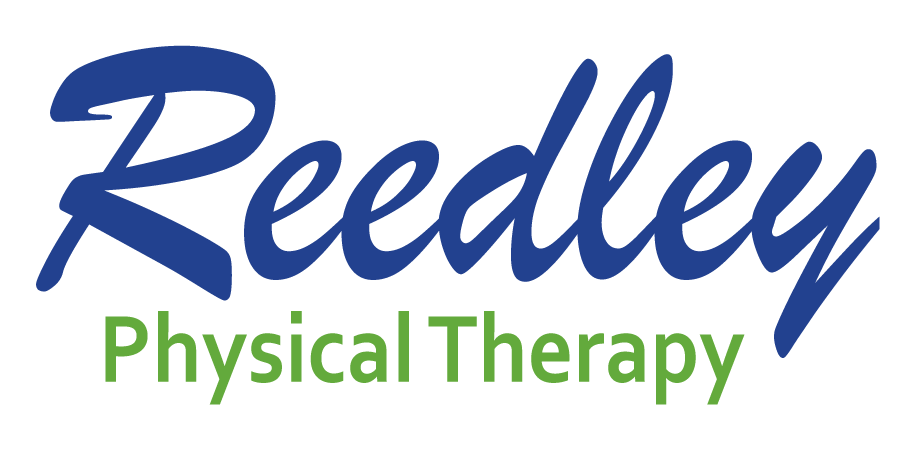Movement is Medicine: Golf: Better Movement Will Get the Most Out of Your Game
Golf is an interesting sport. It is full of allure and it can be kind of addicting (like fishing) where one good shot brings us back to the course over and over. Not to mention it is a game of inches, that requires focus and mental strength/endurance. National Public Radio (NPR) took a poll a couple of years ago and asked adults who play sports which one they play the most and golf was the clear winner.
Golf actually requires quite a bit of physical feats to play the game. The swing requires flexibility and rotational mobility of joints and muscles, balance to allow for the turning and twisting of the torso, and the large muscles to drive the ball. Then there is all the walking and bending involved. Did you know it’s estimated that if you walk 18 holes you could burn up 2,000 calories and walk nearly 5 miles?! Lets not forget about the mental and meditative part of the game.
While everyone’s swing may vary, there are common themes in every golfer’s set-up that are consistent across the board: stance and grip.
- Stance: The golf swing starts from the bottom up. Your feet should be shoulder width apart. Slightly bend forward at the hips and knees to place the club head on the ground. Your weight should be distributed to through the arches of your feet. Hip mobility and upper back mobility are paramount in order to achieve good rotation, shoulder turn, and hip drive for your swing. Gluteal (butt muscles) and leg strength combined with a good connection between your legs, core, and upper body creates the club head speed.
- Grip: A relaxed neck, chest, shoulder and hands allows for a proper grip. Less tension in the neck, shoulders, and elbows prevents repetitive stress injuries. A proper grip will maximize forearm and wrist strength and prevent “shanking” or “pulling” of the ball. For right handers, hold the club with the last three digits of your left hand so that the “V” between the thumb and first finger faces your (R) shoulder. Place your right hand under the left using an overlapping, or interlocking grip. The “V” of the thumb and first finger of the left hand should also face the right shoulder. Hold with a firm but not tight grip. If you are having difficulty with club head lag it may mean that you do not have enough wrist mobility or strength. Lack of wrist strength and mobility results in loss of club head speed.
If you are struggling with your stance, swing, or grip, have you thought about seeing your physical therapist? Many people think to go to a golf pro for advice and lessons on how to improve their swing, however, the most basic of pieces to the puzzle may be missing – mobility and strength. Lack of mobility or strength will limit your progress with even the best of coaches as you are unable to move in a way that is efficient. The difference in your game may just be a few stretches and exercises. Take your game to the next level and see your local physical therapist for an assessment of your mobility, strength and balance.
Dr. Maria Fermoile is a Doctor of Physical Therapy at Alliance Health in Fresno. She will be happy to answer questions submitted to maria@reedleyphysicaltherapy.com. Learn more about movement, fitness and health in this space each week or by visiting www.alliancehealthfresno.com, or calling 478-5833.


